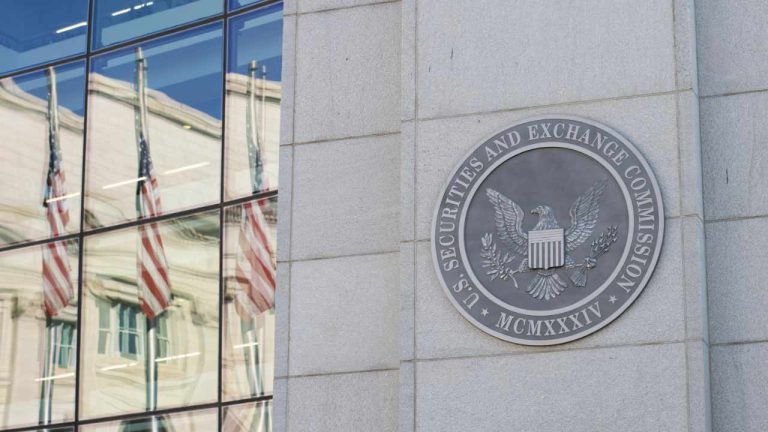
The Securities and Exchange Commission (SEC) sued Coinbase in June 2023 and accused the company of selling unregistered securities.
Attorneys for Coinbase urged Southern District of New York judge Katherine Failla to reconsider an interlocutory appeal filed on behalf of the exchange in April 2024 — citing the Securities and Exchange Commission's (SEC) recent notice of appeal in the Ripple lawsuit.
According to an Oct. 5 letter, lawyers for Coinbase argued that the SEC's appeal is an admission that the criteria listed in the regulator's Howey Test — a set of conditions that must all be fulfilled to classify a financial instrument as a security — were ambiguous and warranted closer examination.
Lawyers for Coinbase send letter to court urging approval of an interlocutory appeal first filed in April 2024. Source: Eleanor Terrett.



